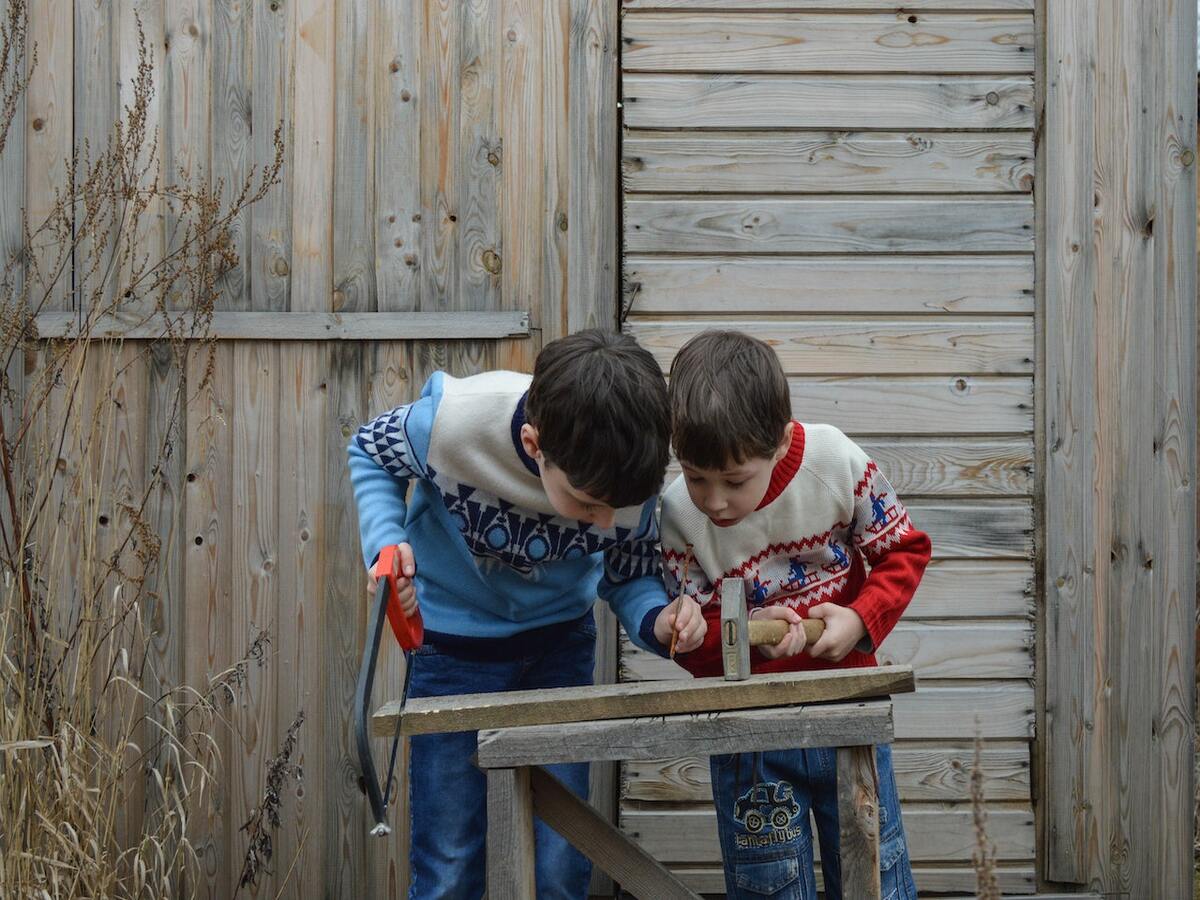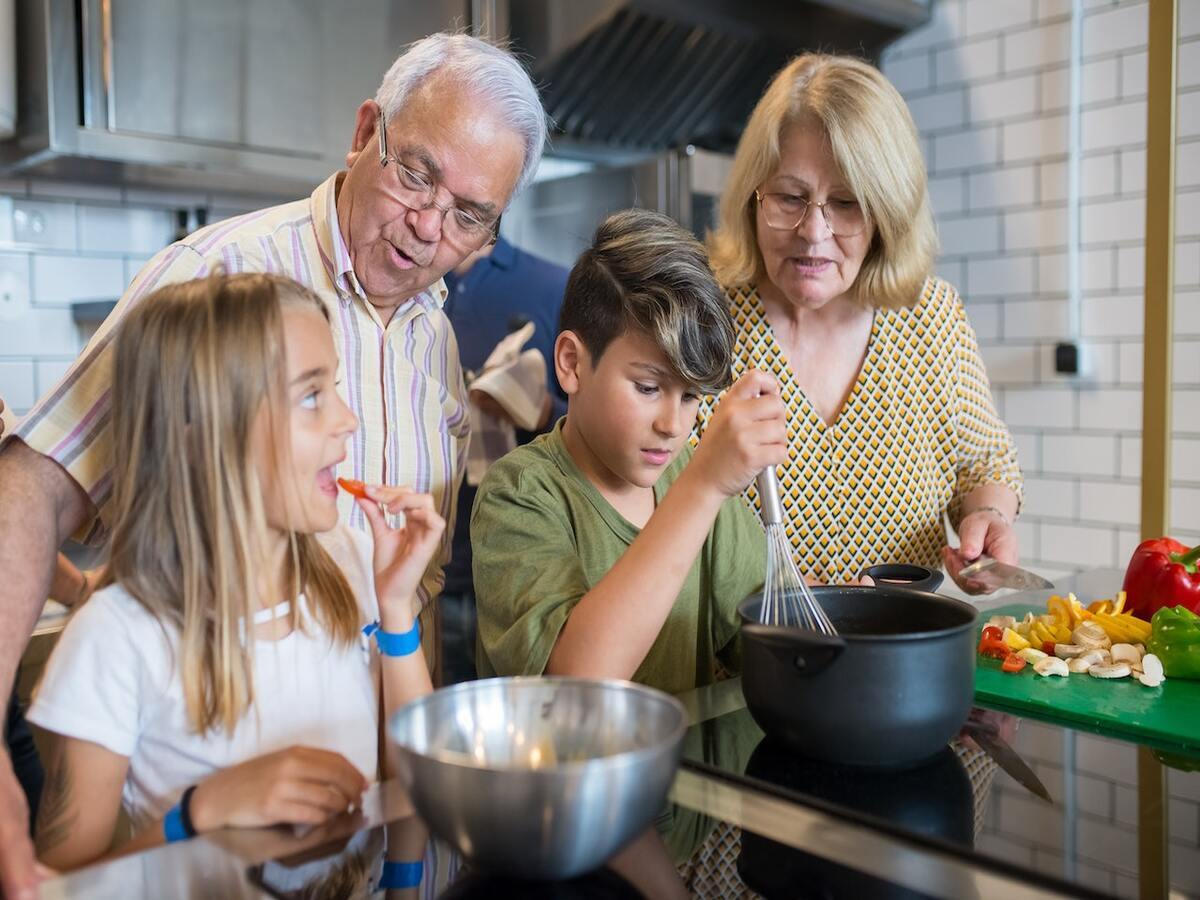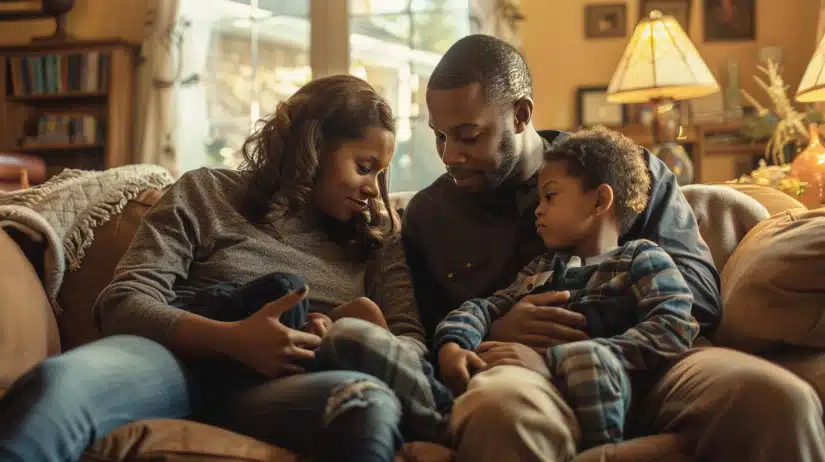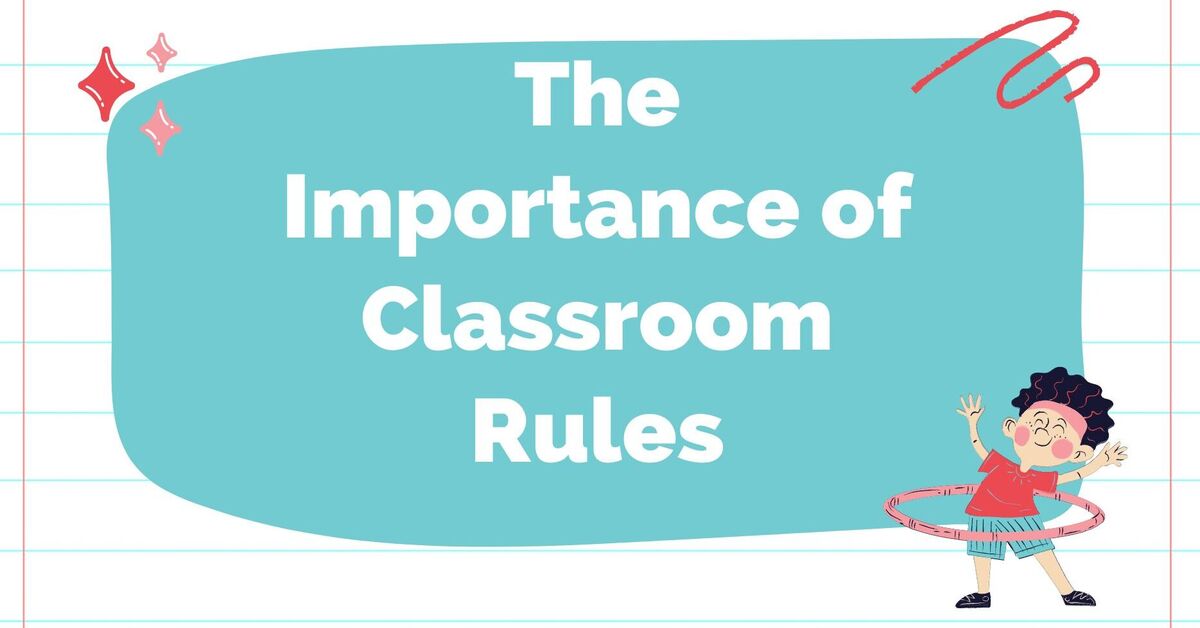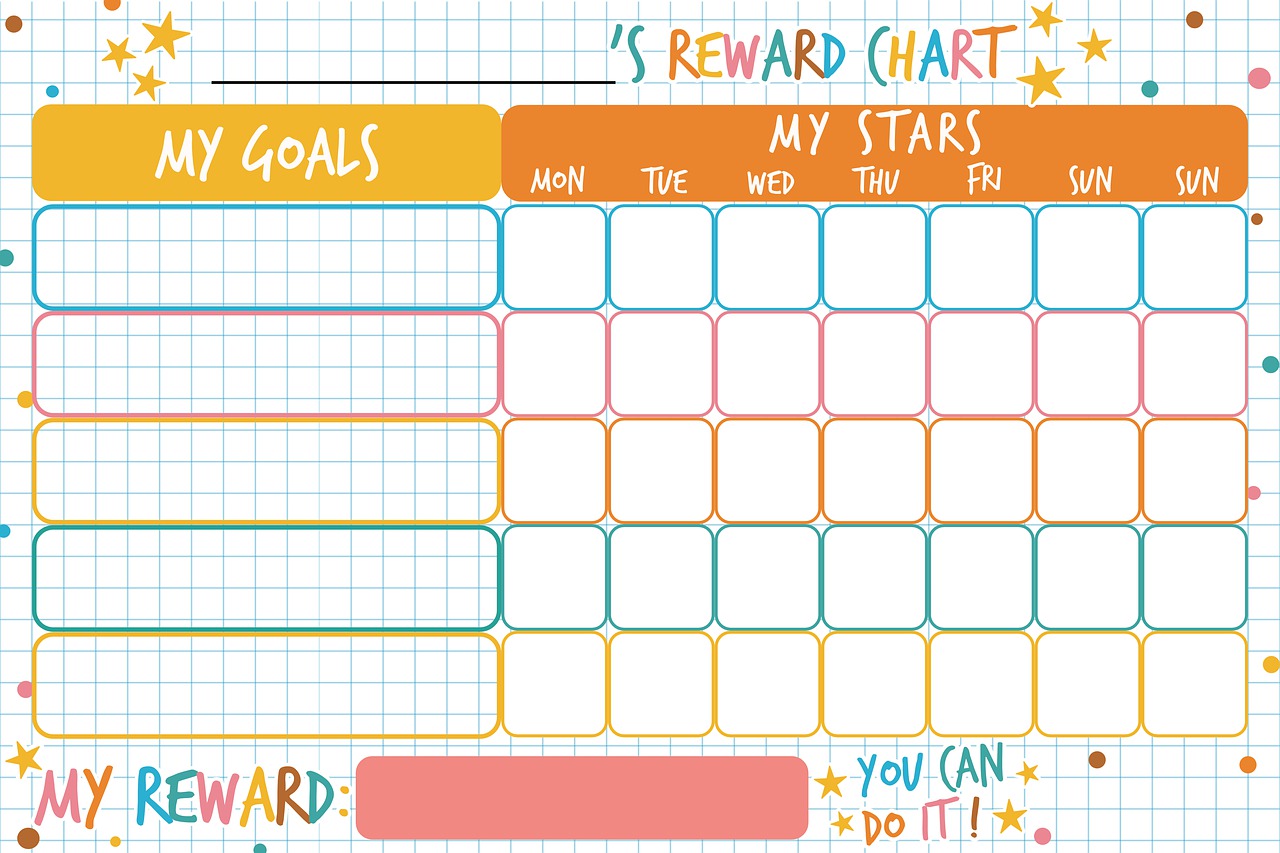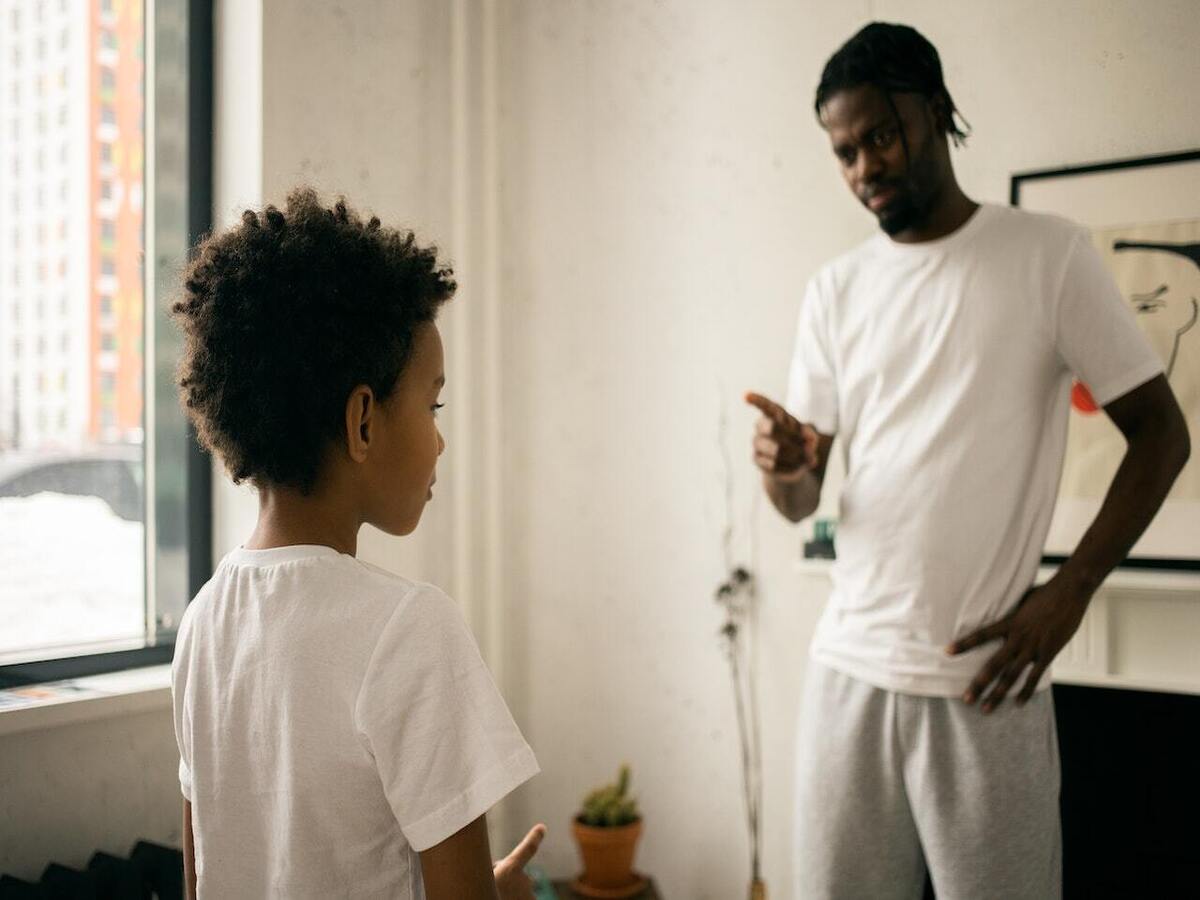Do you want to know how to improve the social skills of a child? There are many different ways to help a child develop social skills. Depending on the child’s personality and interests, some methods may work better than others. Parents and teachers should be active in helping a child grow their social skills, as they are fundamental to future success. There are many ways to choose from when it comes to developing social skills, so try out various activities to see what works best for your child!
What Are Social Skills?
Social skills are how we communicate with others. They include verbal and non-verbal communication, such as speech gestures or facial expressions, that can convey meaning through interactions between people. According to the National Association for the Education of Young Children, social skills are “those that enable children to interact with other people and the environment around them.”
Social skills are important for children to learn as they grow up. They help them to interact with others, make friends and feel confident in themselves. By taking some or all of these steps, you can give your child the tools they need to succeed socially as they grow up.
How to Develop the Social Skills of A Child
We must be aware of the different milestones they should be reaching. By understanding what skills children should be developing and when they should be developing them, parents and teachers can provide the appropriate opportunities and support to help children reach their full potential.
Age 0-3: Early Social Skills
During the earliest stage of life, babies begin to develop social skills through their interactions with caregivers. During this time, babies learn things like how to show emotions, how to respond to other people’s emotions, and how to start communicating with others. Some of the key milestones parents and teachers should look for during this stage include:
- Making eye contact
- Smiling back at someone who smiles at them
- Imitating sounds and gestures
- Babbling
- Crying to communicate needs
- responding to his or her name
- Laughing aloud
- Expressing a range of emotions
How To Help:
One of the best ways to help young children develop their social skills is through playtime and social interactions with peers and adults. Parents and caregivers need to engage in activities that encourage turn-taking, sharing, and communication.
Additionally, modeling positive behavior and teaching simple social rules such as saying please and thank you can be helpful. Reading books about emotions and feelings can also aid a child’s understanding and expression of their emotions and those of others.
Encouraging an environment where children feel comfortable expressing themselves and making mistakes will also allow them to feel more confident in their social skills. Providing consistent attention, affection, and praise for their efforts will reinforce positive behavior.
Age 4-5: Building Friendship Skills
As children enter preschool and kindergarten, they spend more time around other kids their age. This gives them more opportunities to practice their social skills and learn how to interact with other people. Children learn to share, take turns, and cooperate with others during this stage. They also start to develop more advanced communication skills. Some of the critical milestones parents and teachers should look for during this stage include:
- Playing cooperative games with rules.
- Engaging in make-believe play
- Listening to peers
- Following rules in group settings,
- Asked Questions about new topics
How To Help:
One way to help children develop social skills at this age is through play. Encourage them to participate in cooperative games and make-believe play with their peers, as these activities allow them to practice essential skills like sharing, taking turns, and communication. It is also important for adults to model positive social behaviors in their interactions with the child and others.
Providing opportunities for the child to interact with a diverse group of peers can also help them learn about empathy and understanding. And encouraging them to ask questions about new topics can foster curiosity and open-mindedness.
Adults need to provide appropriate guidance and support during social interactions. Still, giving children the space to work out conflicts independently and learn problem-solving skills is equally important. Consistently reinforcing positive social behaviors and offering gentle corrective feedback can also aid their development.
Age 6-12: Developing Advanced Social Skills
As children enter elementary and middle school, they have more opportunities to interact with other people than ever. They also start dealing with more complex social situations, like navigating cliques and handling peer pressure. Children learn things like perspective-taking, empathy, and self-control during this stage. Some of the key milestones parents & teachers should look for during this stage include:
- Showing empathy towards others
- Being able to explain their thoughts and feelings
- Dealing with strong emotions in an appropriate way
- Listening attentively without interrupting
- Consistently following rules
How To Help
One way to help a child between the ages of 6 and 12 develop social skills is by setting up play dates with friends or classmates with similar interests. This will allow them to practice their communication skills and learn how to negotiate and compromise in a safe, controlled environment.
Another option is different role-playing scenarios with them, such as asking for a toy back from a classmate or resolving a disagreement with a friend. This allows them to think about various perspectives and develop potential solutions before encountering these situations in real life.
It’s also important to encourage and praise the child when they display good social skills, such as showing empathy towards others or listening attentively without interrupting. When they make mistakes, use it as a learning opportunity by discussing ways they could handle the situation differently next time. Finally, modeling positive behavior and teaching them about emotions can also contribute to their development of social skills.
Conclusion:
Social skills are essential for everyone—not just kids! By understanding what social skills are developmentally appropriate for each age group, you can provide opportunities for your child or students to practice those skills. And don’t forget that modeling social skills is also essential; actions speak louder than words!
Also Read: How to Raise a Happy Child
How Does Bullying Affect Child Development

